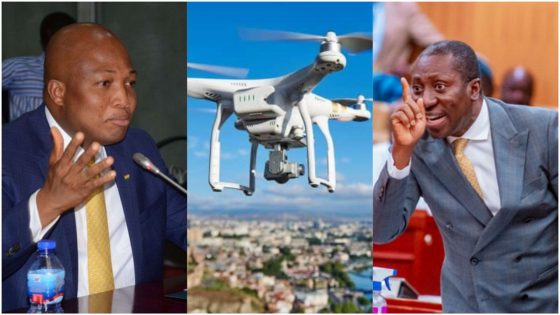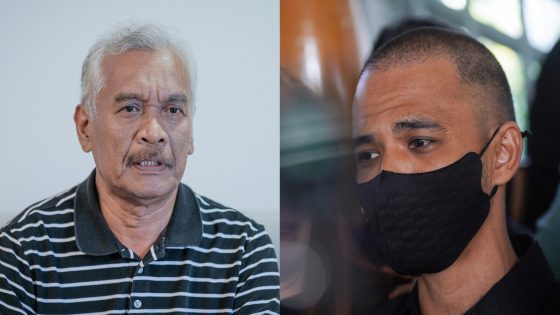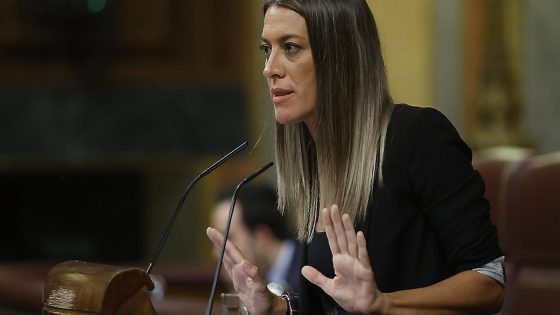In a startling revelation on February 2, 2025, Majority Leader Alexander Afenyo-Markin accused the Operation Recover All Loot (ORAL) team, led by Foreign Affairs Minister-nominee Samuel Okudzeto Ablakwa, of conducting drone surveillance over his private properties. Afenyo-Markin claims he was informed of these activities multiple times but chose to remain silent, asserting that he has nothing to hide.
- Afenyo-Markin accuses Ablakwa of surveillance.
- Claims of drone activity over his properties.
- Afenyo-Markin insists assets acquired legally.
- Discussion between Afenyo-Markin and Ablakwa occurred.
- Allegations of misrepresentation regarding land ownership.
- Drones observed near Afenyo-Markin's residences.
Majority Leader Accuses ORAL Team of Invasive Surveillance Tactics
How far can surveillance go before it infringes on personal privacy? Afenyo-Markin’s claims suggest a troubling trend in political tactics. He stated that drones were spotted flying over his beachfront property in Winneba and his residence in Abelenkpe. This raises significant concerns about the boundaries of political investigations.
Political Tensions Rise Over Alleged Drone Surveillance in Ghana
The tension between Afenyo-Markin and Ablakwa highlights a growing divide in Ghanaian politics. Afenyo-Markin insists that his properties were legally acquired, countering claims that they are state-owned. He expressed frustration over the alleged drone activity, questioning the motives behind such invasive measures.
Key Concerns Regarding Drone Surveillance in Ghana
As the situation unfolds, several key issues arise:
- Privacy violations: Are citizens’ rights being compromised?
- Political integrity: How do these actions affect public trust?
- Legal implications: What laws govern drone usage in surveillance?
- International scrutiny: How will this impact Ghana’s global reputation?
Implications for Governance and Civil Rights
The allegations of drone surveillance by a government team raise critical questions about governance and civil rights in Ghana. Such tactics could set a precedent for future political investigations, potentially leading to increased scrutiny of citizens’ private lives. This situation may resonate with those in the U.S. who are concerned about government surveillance practices.
As the debate continues, it will be essential to monitor how this incident affects the political landscape in Ghana and whether it prompts a reevaluation of surveillance laws and practices.































